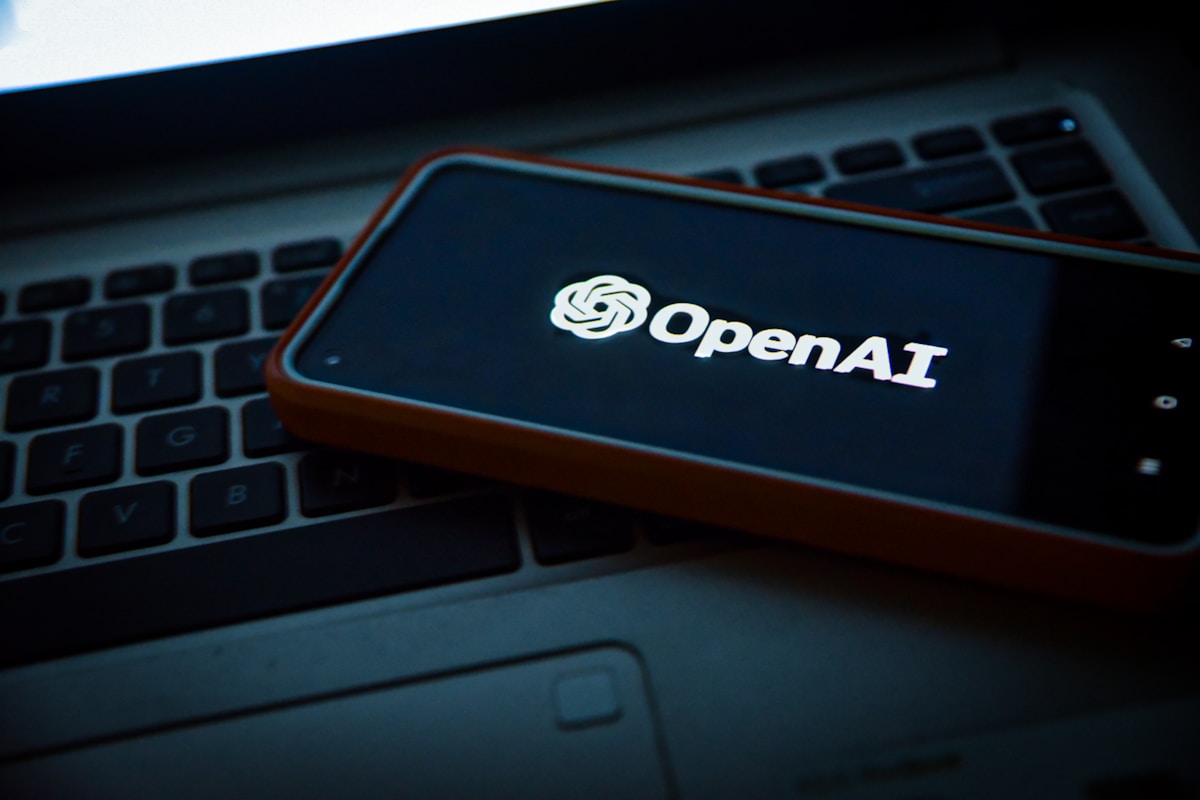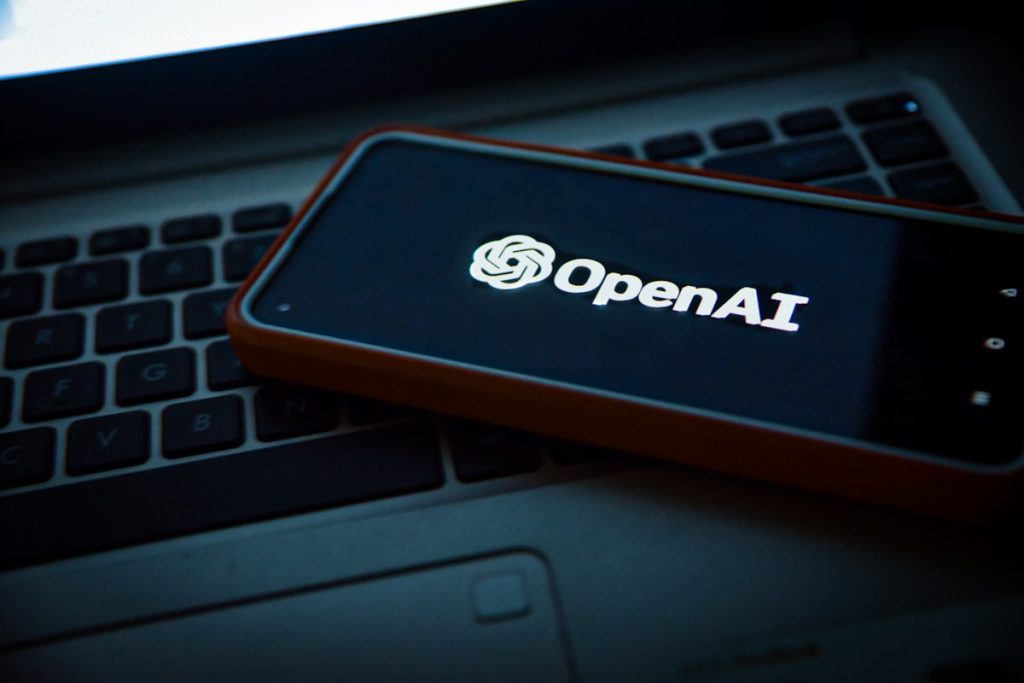OpenAI Releases GPT-5: The Next Evolution of ChatGPT
A Leap Forward in AI Capabilities
OpenAI has officially launched GPT-5, the latest iteration of its groundbreaking generative pre-trained transformer model. This release marks a significant milestone in artificial intelligence, building on the success of GPT-4 and its integration into ChatGPT. GPT-5 promises enhanced reasoning, improved accuracy, and expanded multimodal capabilities, setting a new benchmark for natural language processing (NLP) systems.
Key Features of GPT-5
- Advanced Context Understanding: GPT-5 demonstrates superior contextual awareness, allowing it to handle complex, multi-step queries with greater coherence.
- Multimodal Integration: The model now seamlessly processes text, images, audio, and video inputs, enabling richer interactions.
- Reduced Hallucinations: OpenAI claims a 40% reduction in factual inaccuracies compared to GPT-4, addressing a major criticism of earlier models.
- Customization Tools: Developers can fine-tune GPT-5 for specific industries, such as healthcare or finance, while maintaining ethical safeguards.
Impact on ChatGPT and User Experience
The integration of GPT-5 into ChatGPT has resulted in a more intuitive and versatile conversational agent. Users report improvements in:
- Natural dialogue flow, with fewer abrupt topic shifts
- Personalized responses based on user history and preferences
- Enhanced problem-solving for technical queries
OpenAI has also introduced real-time collaboration features, allowing ChatGPT to interface with external tools like calendars, coding platforms, and data analysis software.
Ethical Considerations and Safety Measures
With increased capabilities come new challenges. OpenAI has implemented:
- Robust content moderation systems to prevent misuse
- Transparency tools that explain the model’s decision-making process
- Strict API access controls to mitigate malicious applications
The company continues to collaborate with policymakers and researchers to address concerns about AI’s societal impact.
Industry Reactions and Future Applications
Tech leaders have praised GPT-5’s potential to revolutionize sectors like education, where it could power adaptive tutoring systems, and healthcare, where it might assist in diagnostic processes. However, debates persist about workforce disruption and data privacy.
OpenAI plans to roll out enterprise-tier solutions in late 2024, while maintaining a free version of ChatGPT to ensure broad accessibility. As GPT-5 continues to evolve, it raises profound questions about the future of human-AI collaboration.



